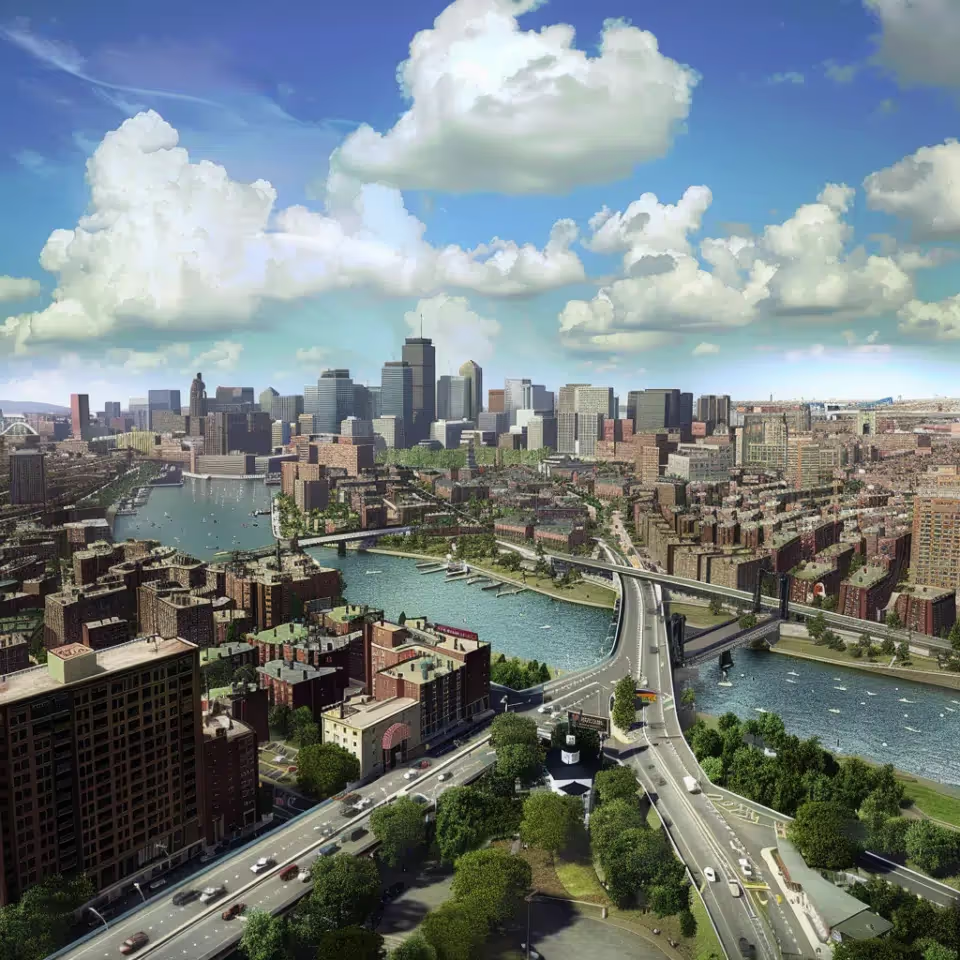Cannabis Legalization and Regulation in Massachusetts
Massachusetts legalized adult-use cannabis in 2016, with retail sales beginning in November 2018. Adults 21 and older may legally possess up to 1 ounce of cannabis in public and up to 10 ounces at home. Home cultivation is permitted—each adult may grow up to six plants, with a maximum of 12 plants per household, provided they are kept secure and out of public view. Public consumption is prohibited, and impaired driving remains illegal.
The Cannabis Control Commission (CCC) regulates all adult-use and medical cannabis activity in Massachusetts. Licensed retailers, cultivators, manufacturers, testing labs, and transporters operate under CCC oversight. Municipalities may impose local zoning restrictions, and on-site consumption is limited to approved social consumption establishments. The state prioritizes equity applicants, with programs designed to create opportunities for those impacted by past cannabis prohibition.
Massachusetts also maintains a medical cannabis program, launched in 2012. Registered patients with qualifying conditions may purchase larger quantities than adult-use customers and benefit from tax exemptions. Medical dispensaries, called Medical Marijuana Treatment Centers (MTCs), may also operate as hybrid facilities serving both patient and adult-use markets.
Hemp and hemp-derived products are legal if they contain no more than 0.3% THC. Intoxicating hemp cannabinoids such as delta-8 THC are regulated under the state’s cannabis framework when intended for human consumption, requiring licensed distribution and strict testing, packaging, and labeling compliance.
For cannabis operators, Massachusetts is a competitive and mature market. Banks and financial service providers require strict compliance with state regulations and federal guidance. Operators must present full license documentation, ownership records, tax IDs, operating agreements, and financial statements. Because transactions are still largely cash-based, armored transport, reconciled deposits, AML/BSA monitoring, and accurate excise and sales tax reporting are expected to maintain reliable banking relationships.
The Cannabis Control Commission regulates all adult-use and medical cannabis in Massachusetts. For official program details, licensing resources, and compliance updates, visit: https://masscannabiscontrol.com













%201.svg)
%201.svg)
